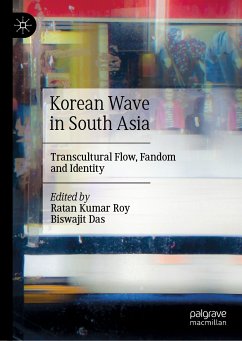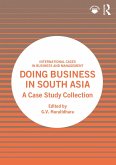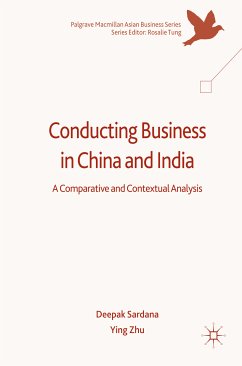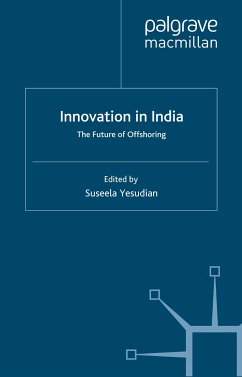Chapter 1 is available open access under a Creative Commons Attribution 4.0 International License via link.springer.com.
Ratan Kumar Roy is a Research Fellow at the Centre for Culture, Media & Governance, Jamia Millia Islamia, New Delhi. He is an affiliated fellow at All India Communication and Media Association, New Delhi and the editor-in-chief of SDG Newsletter published by SIMEC Institute of Technology, Bangladesh. Dr. Roy's recent publications include Television in Bangladesh: News and Audiences (Routledge, 2021). His research interests are anthropology of media and communication, visual culture and South Asia.
Biswajit Das is Professor and founding Director of Centre for Culture, Media & Governance, Jamia Millia Islamia, New Delhi. He has over three decades of teaching and research experiences in the field of theory, method and history of Communication in India. He is the founding President of All India Communication and Media Association in India. His recent publications include Gandhian Thought and Communication (edited, Sage 2020) and Caste, Communication and Power (co-edited, Sage 2021).
Dieser Download kann aus rechtlichen Gründen nur mit Rechnungsadresse in A, B, BG, CY, CZ, D, DK, EW, E, FIN, F, GR, HR, H, IRL, I, LT, L, LR, M, NL, PL, P, R, S, SLO, SK ausgeliefert werden.









